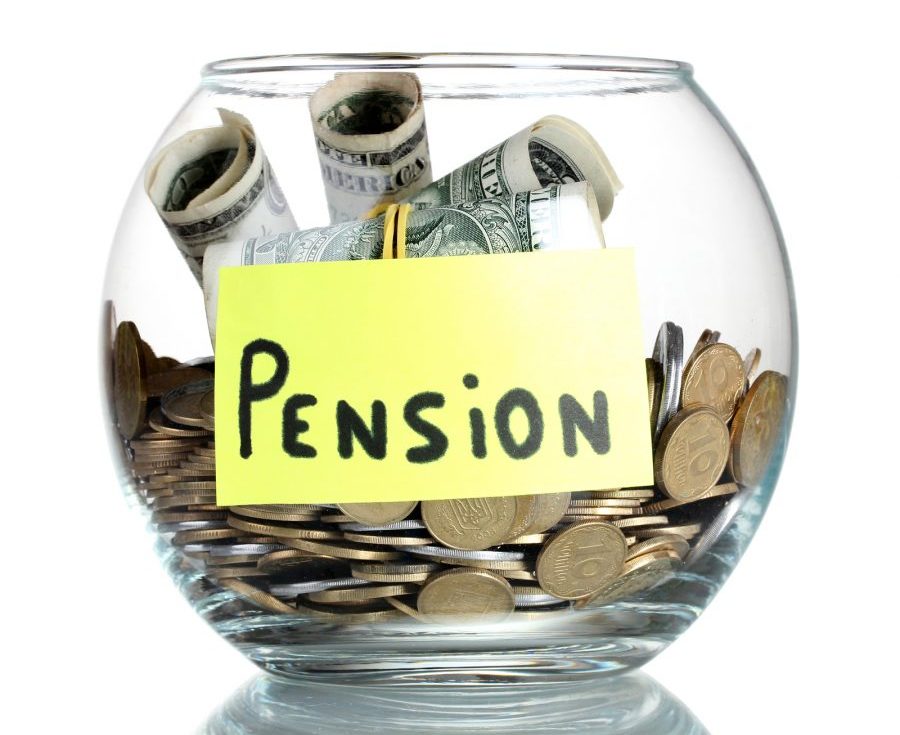Nigerian President Muhammadu Buhari never came across as being reformed minded (as a matter of fact he didn’t come across as having much of an economic policy), during the campaign period, however most analysts and investors had hoped that the ACN wing of the party (APC) fielding reformists such as Kayode Fayemi (Ex Governor of Ekiti state) and Babatunde Fashola (Ex Governor of Lagos) would take charge of economic policy formulation.
Good luck with that!!
Buhari just dashed all hopes of enacting what would have been a simple reform policy- ending Nigeria’s corrupt and structurally inefficient fuel subsidy payments.
He was quoted by Garba Shehu, the president’s Senior Special Assistant, Media and Publicity, as saying,
“I have received much literature on the need to remove subsidies, but much of it has no depth.”
This was after Buhari received a briefing from the Ministry of Petroleum Resources, Nigerian National Petroleum Corporation (NNPC) and other agencies in the oil sector.
Since the President has not yet heard any forceful or convincing reasons for removing subsidies on fossil fuels (like Petrol and Kerosene), i will try to make new arguments here.
Remove subsidies, eliminate corruption
Removing the vexing fuel subsidies imposed on Nigeria by the military would help to eliminate corruption in that sphere and ensure fiscal transparency.
The Subsidies are regressive by nature
The current fuel subsidy regime in Nigeria is regressive by nature as those who consume most fuel benefit the most, and so it disproportionately benefits the rich.
This means if i have 3 SUVs that are gas guzzlers i am paying just the same as some poor villager (probably less since you can’t find petrol or kerosene at subsidised prices outside major cities).
Ending subsidies frees up capital for Infrastructure, Health and Education
One of the reasons why Nigeria appears poorly in most global indices (infant mortality, poverty, literacy etc), is that the government has abandoned what should be its traditional role of social services and entered into all kinds of illogical operations like paying fuel subsidies that disproportionally benefit the rich.
Ending the subsidies right now can free up billions of dollars for government to spend on infrastructure, healthcare and Education that is badly needed all over Nigeria , but most especially in the North.
The Federal Government owes about N204 billion ($1 billion) in subsidy arrears according to documents seen Naira metrics.
Oil prices are lower, now is the right time
When oil prices were hovering around $100 per barrel the subsidies could be termed as expensive, however with current realities of the oil market, keeping them amounts to economic Hari – Kari (suicide).
They (subsidies) accounted for an average of 2.5 percent of Nigeria’s gross domestic product (GDP) each year between 2006 and 2012 according to the IMF.
The government set aside N914 billion ($4.6 billion) for it in 2014.
Buhari would be following in the footsteps of Indonesia’s new President who took advantage of low oil prices to end subsidies.
Attract investments to your midstream oil sector
South Africa and Singapore are not known to be major oil producers, but they have managed to attract billions of dollars into oil refining by foreign and domestic investors.
In fact South Africa has Sub Saharan Africa’s largest refining hub with major refineries owned by Chevron, Shell, BP and Petronas of Malaysia.
It should be noted that most investors would not pump billions of dollars into building a refinery after which they are unable to sell at prices above their cost of production.
It should be noted that there are no price caps on petroleum prices in South Africa.
Price caps frankly don’t work
I would suggest the President’s advisers point out one area in Nigeria’s national life where price caps or subsidies based on price control have worked.
Whether it is Fertilizer subsidies, attempted price controls on essential commodities, or even trying to subsidise the naira/dollar exchange rates.
All these mechanisms eventually collapse because they are based off faulty economic premise.
If President Buhari wants to help the poor, he should build schools, healthcare facilities and rural roads for them. He can also identify the most vulnerable among them and pay a one time or time capped (2 years), in form of welfare.
Our demand for oil will make subsidies eat up our entire budget
Nigeria’s huge appetite for energy and growing economy will lead to a time soon when refined products and crude used domestically will outstrip what we send overseas.
When that happens, it will be impossible to fund the fuel subsidies as the cost will be astronomic for the FG and states to bear.

![[ANALYSIS] Buhari fails first reform test by keeping fuel subsidies in place](https://nairametrics.com/wp-content/uploads/2015/07/Buhari-3.jpg)







Removal of subsidy now.the govt of President of goodluck jonathan tried to remove this subsidy,and failed in less than one year,the best plan now is to push the economy by any means,which will make the naira competitive,production will rises,unemployment will fail.maybe the enemy of gen buhari are pushing for this removal of this subsidy,i do not live in Nigeria now.if this govt remove this subsidy,will lead to the collapse of this administration.it will open the wounds that have been feasting on Nigerians,due to prolong military rule.a common sense is to maintain the present status quo, until the economy is strong enough to absorbes this subsidy,if govt uses this removal of subsidy to fund a social security to provide a safe avenue from porverty.a billion dollar will not be enough to fund this social security programme